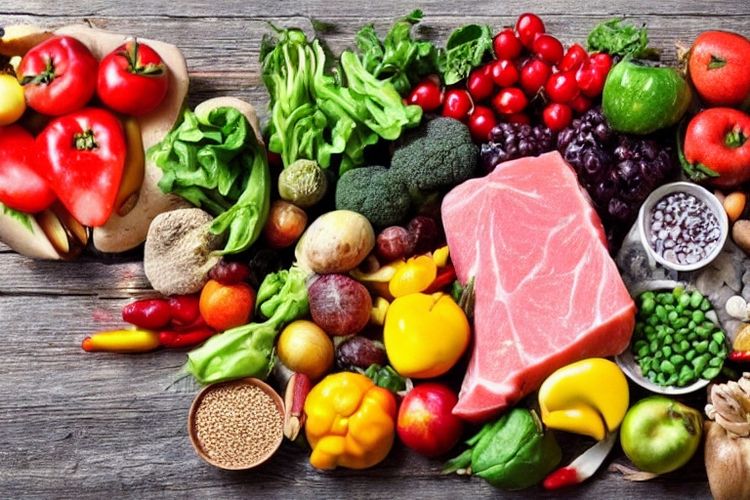Beyond the Fads: Exploring the Real Differences Between Diet and Nutrition

When it comes to maintaining a healthy lifestyle, the terms “diet” and “nutrition” are often used interchangeably. However, there are some key differences between the two that go beyond the latest fads and trends. Understanding these differences is crucial for making informed choices about what we put into our bodies and how it affects our overall well-being.
Firstly, let’s define the terms. “Diet” is commonly associated with restrictive eating plans that aim to achieve specific weight or health goals. These plans often focus on cutting out certain food groups or limiting calorie intake. On the other hand, “nutrition” refers to the intake of essential nutrients that support growth, development, and overall health.
While diets may be effective for short-term weight loss, they often fail to provide long-term health benefits. Many popular diets eliminate entire food groups, potentially leading to nutrient deficiencies. This can have negative consequences on the body’s immune system, energy levels, and overall vitality.
In contrast, nutrition emphasizes a balanced approach that includes a variety of nutrient-dense foods. This means incorporating lean proteins, whole grains, fruits, vegetables, and healthy fats into our diets. By focusing on nutrition rather than strict diets, we ensure that our bodies receive the essential vitamins, minerals, and macronutrients required for optimal health.
Another key distinction between diets and nutrition lies in their approach to sustainability. Diets often advocate for quick results, often through drastic calorie cuts or eliminating entire food groups. Unfortunately, this approach is rarely sustainable in the long run, leading to a cycle of weight loss and regain commonly known as “yo-yo dieting.”
Nutrition, on the other hand, emphasizes a holistic approach that can be maintained over time. When we prioritize balanced nutrition, we build a healthier relationship with food and our bodies. This approach allows us to enjoy a wide variety of foods while still providing the necessary fuel for our bodies to function optimally.
Beyond the physical differences, there is also a psychological aspect to consider. Diets often create a sense of deprivation and restriction, which can lead to feelings of guilt or failure when we deviate from them. This negative mindset can have a detrimental impact on our mental health and overall well-being.
Prioritizing nutrition, on the other hand, promotes a positive attitude towards food. By focusing on nourishing our bodies with wholesome ingredients, we develop a healthier relationship with food. This can enhance our overall mental well-being and contribute to a more sustainable and balanced lifestyle.
In conclusion, it is essential to recognize the real differences between diet and nutrition. While diets may offer temporary results, they often lack the balance and sustainability necessary for long-term health. Prioritizing nutrition, on the other hand, allows us to nourish our bodies with a wide variety of foods, providing the nutrients we need for optimal well-being. By embracing a holistic approach to nutrition, we can move beyond fads and trends and focus on achieving true overall health and happiness.



